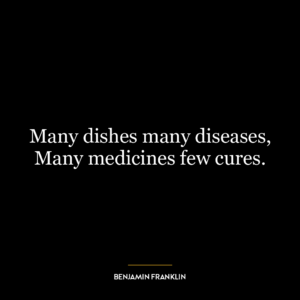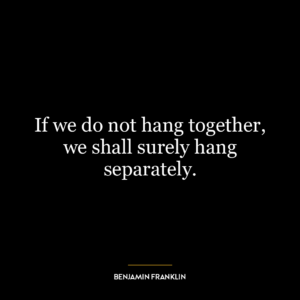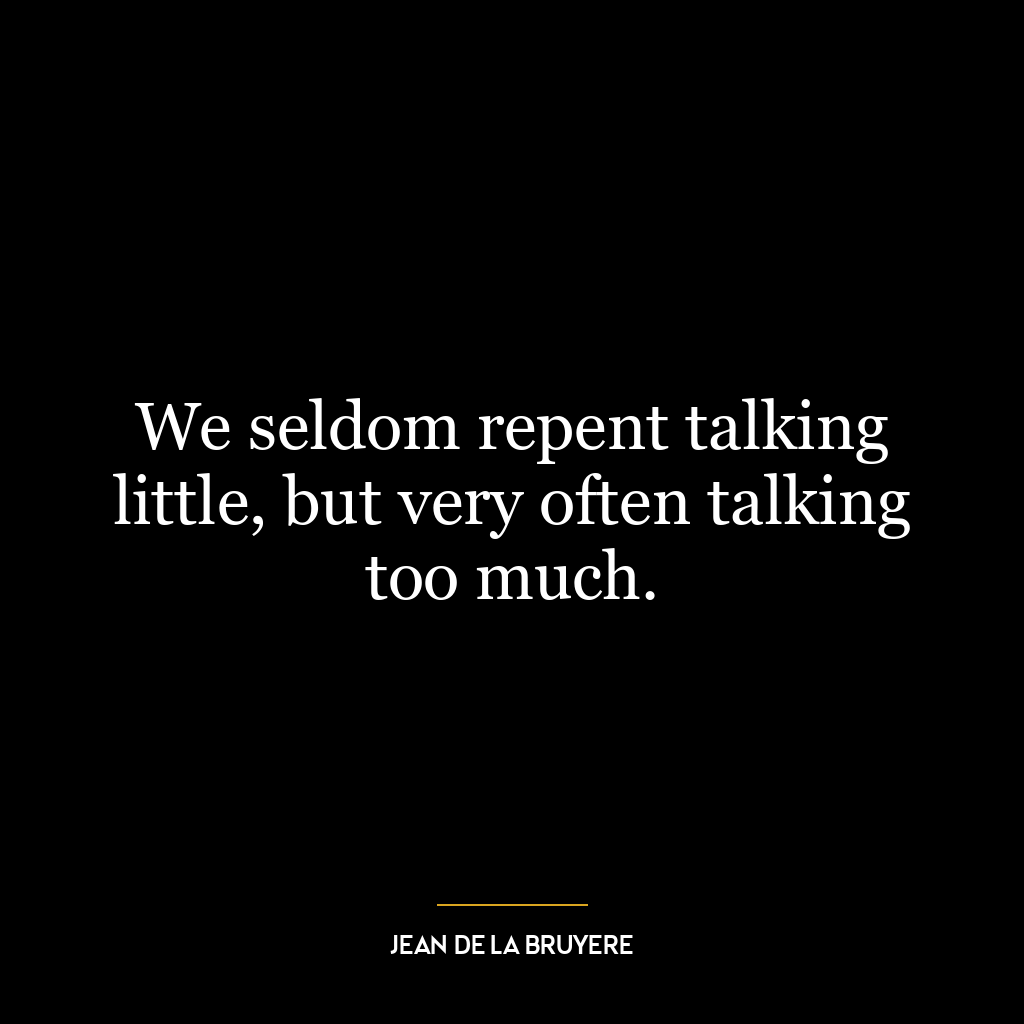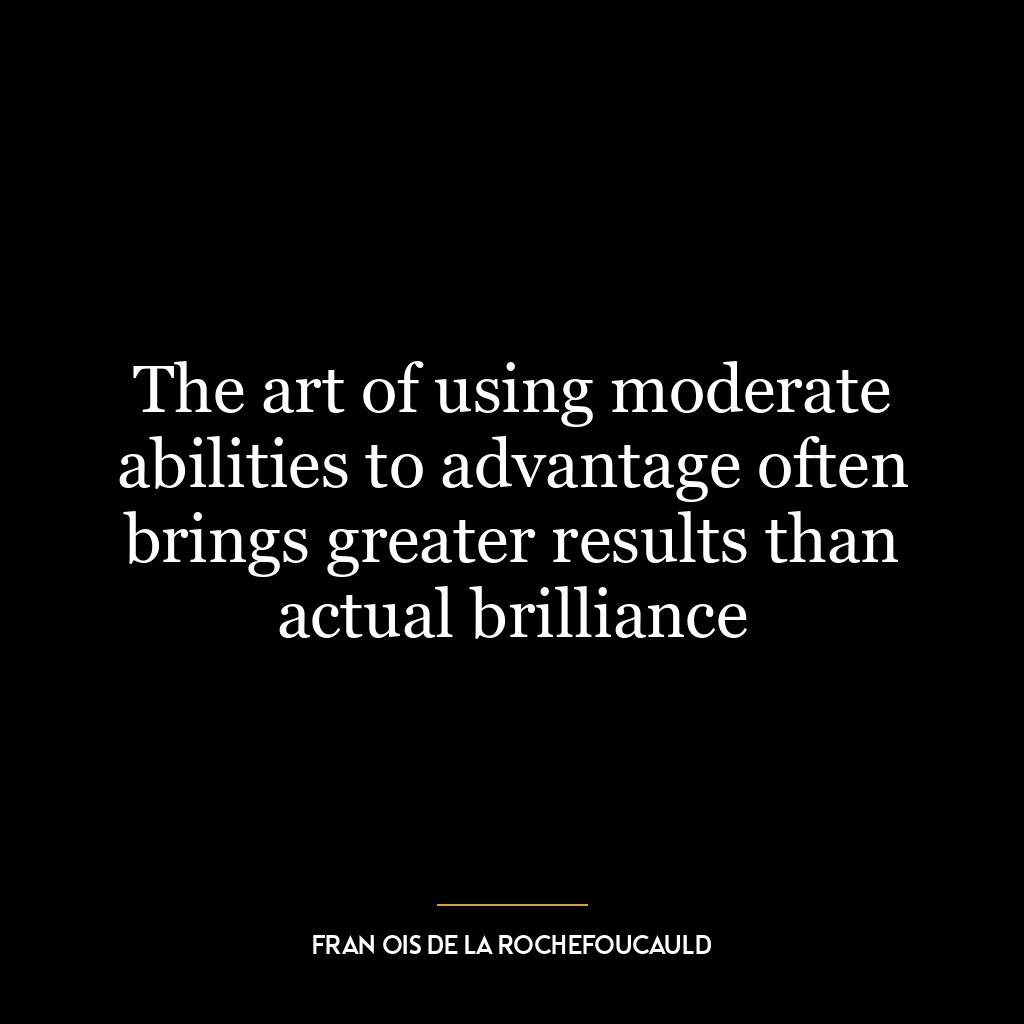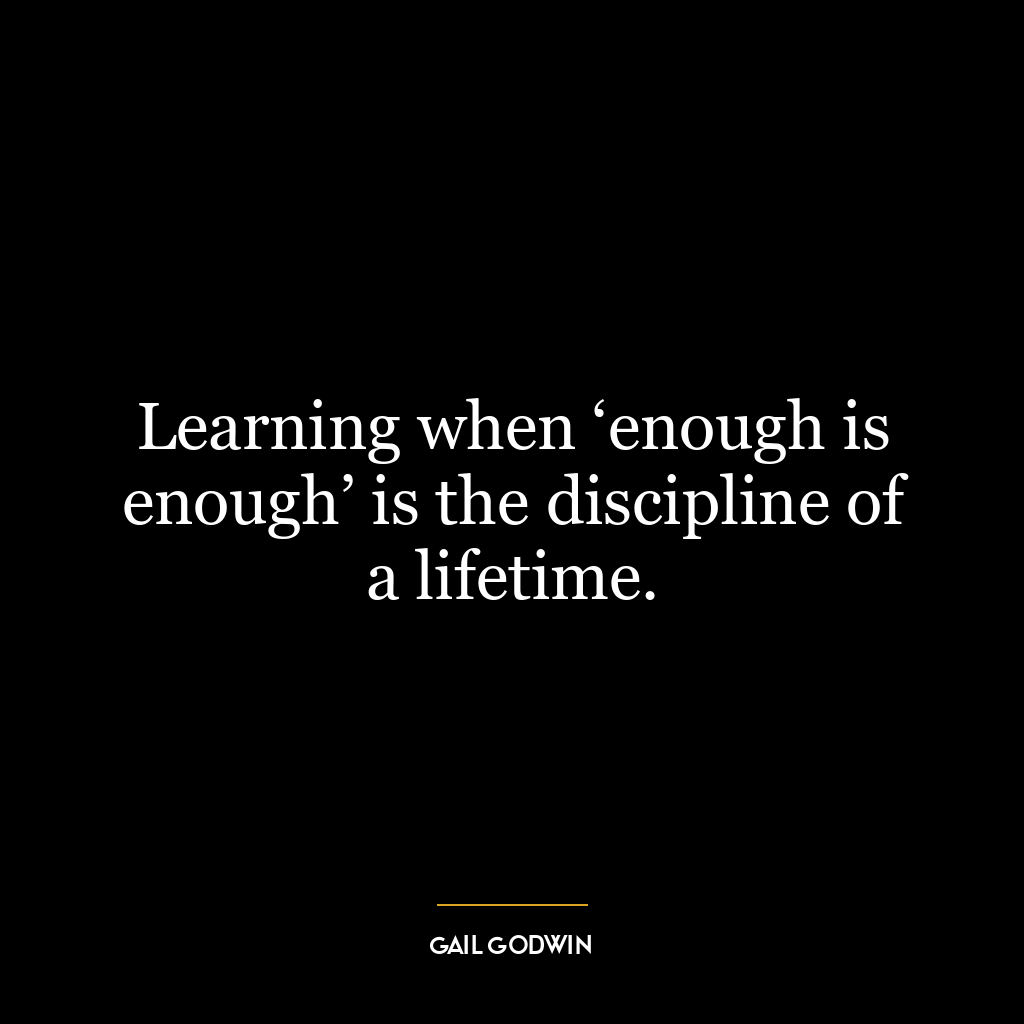He that would travel much, should eat little.
The quote “He that would travel much, should eat little” can be interpreted on both a literal and metaphorical level. Literally, it suggests that a person who wishes to travel extensively should eat sparingly. The rationale could be that overeating may lead to discomfort, sluggishness, or health issues that can impede one’s journey. It might also imply the necessity of frugality while traveling, as excessive spending on food could deplete resources meant for the journey.
On a metaphorical level, the quote can be seen as a wisdom about life and personal development. “Travel” can be understood as the journey of life or the pursuit of goals, while “eating” can symbolize indulgence in pleasures or distractions. Hence, the quote advises that in order to achieve significant progress or success in life, one should exercise moderation and avoid overindulgence that may distract from the path or slow down the progress.
In today’s world, this idea is highly relevant. In the age of consumerism and instant gratification, it’s easy to get carried away by materialistic desires or short-term pleasures. However, excessive indulgence often comes at the cost of long-term goals and sustainable living. For instance, overconsumption not only leads to personal financial strain but also contributes to global issues like environmental degradation.
In terms of personal development, the quote encourages discipline, self-control, and the ability to prioritize long-term goals over immediate gratification. It suggests that by “eating little,” or restraining ourselves from overindulgence, we can “travel much,” or go further in our personal growth and life journey. This can be applied in various aspects of life, such as career advancement, academic achievement, health and fitness, or any personal goals where sustained effort and discipline are required.





